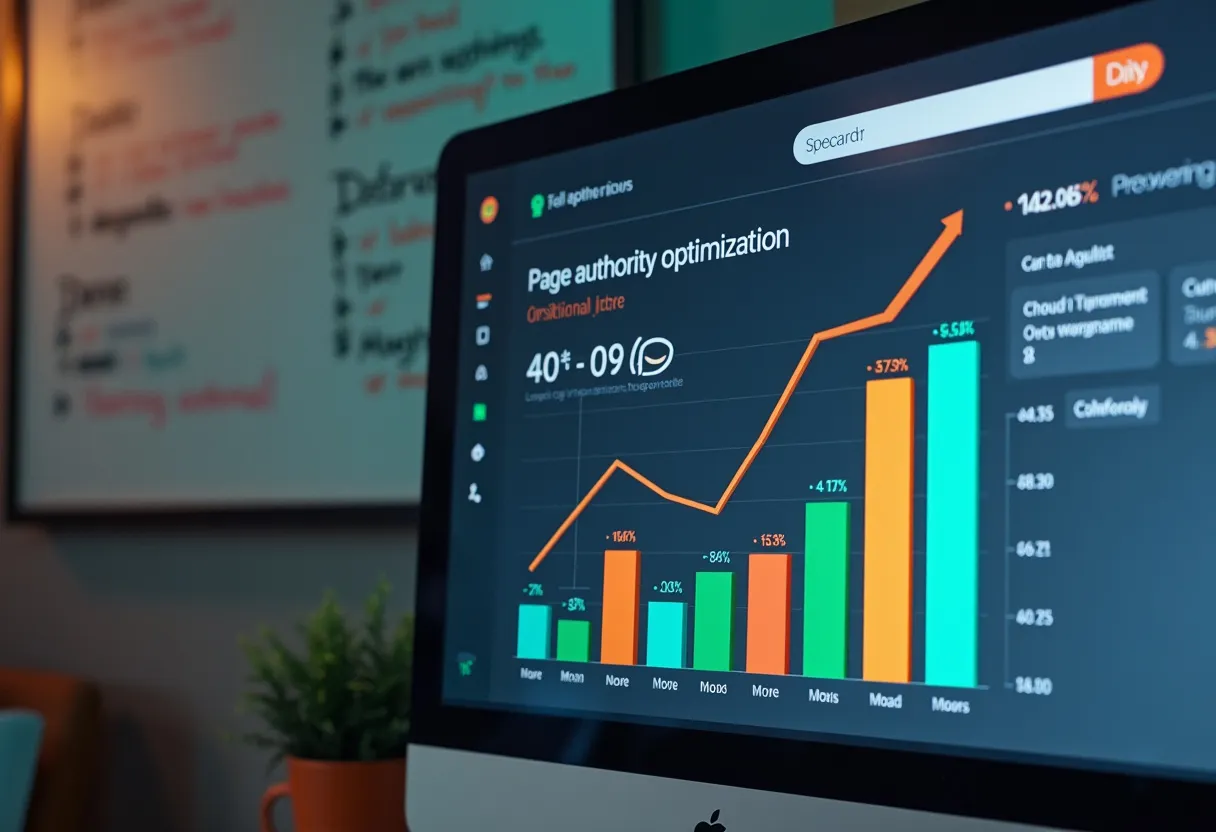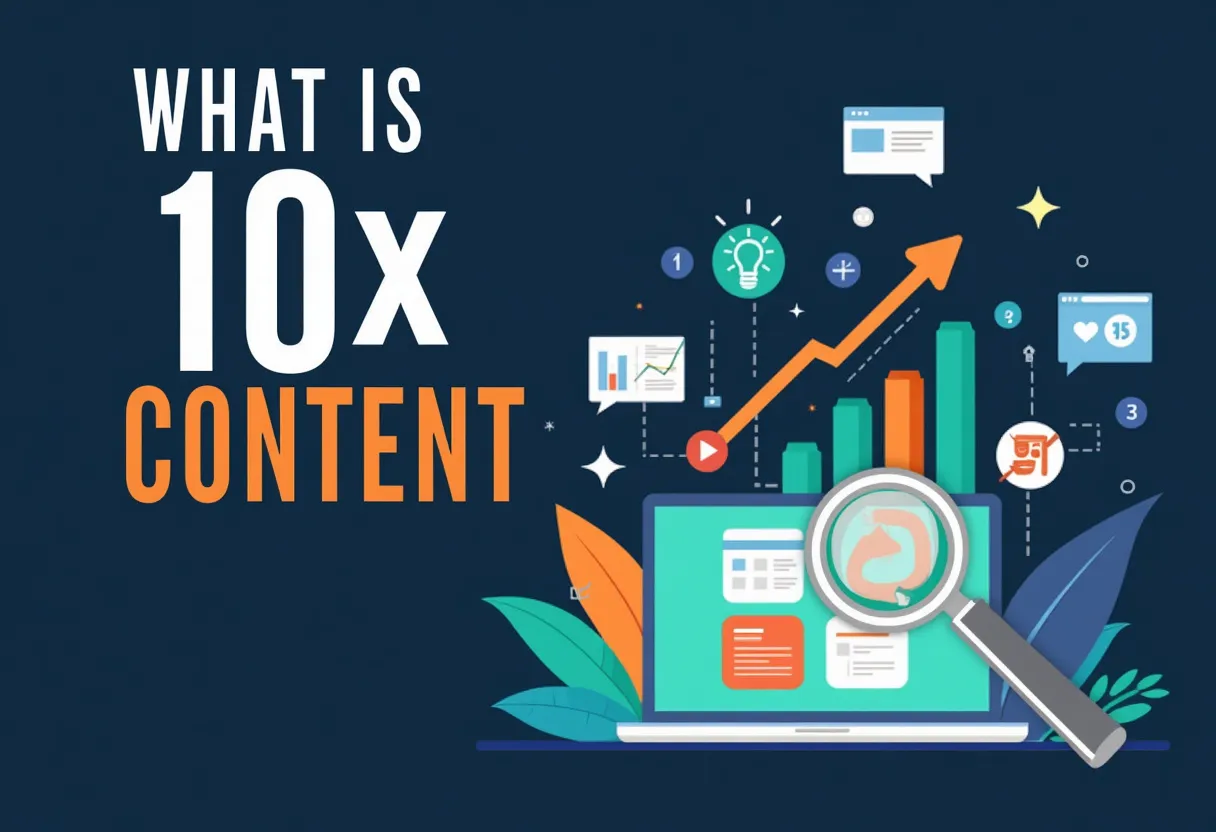Page Authority Optimization
Definition
Page Authority Optimization refers to the process of improving the Page Authority (PA) of a web page, a metric developed by Moz that predicts the likelihood of a page ranking high in search engine results pages (SERPs). Page Authority is scored on a 100-point scale, with higher scores indicating a stronger potential for the page to rank favorably. This metric is distinct from Domain Authority, as it focuses on the ranking strength of individual pages rather than the entire website.
How It Works
Calculation
Page Authority is calculated using a complex algorithm that considers over 40 different ranking factors, including the quality and quantity of inbound links, content relevance and quality, on-page SEO elements, and user experience. The scoring system is logarithmic, making it more challenging to achieve higher scores as the scale progresses.
Relevance in SEO
Page Authority helps in developing and refining SEO strategies by identifying the potential of individual pages to rank well in SERPs. It allows for competitive analysis, content optimization, and targeted link-building efforts.
Practical Use Cases
- Competitor Benchmarks: Compare Page Authority scores against rival pages to gain strategic insights and identify areas for improvement.
- Content Focus: Prioritize updates on pages with moderate but promising authority scores to maximize SEO value.
- Link Building: Focus on acquiring high-quality backlinks from reputable websites to enhance the page’s authority.
- On-Page Optimization: Ensure proper use of keywords, meta descriptions, and HTML tags to convey the page’s subject matter to search engines effectively.
Why It Matters
Page Authority plays a significant role in the broader context of SEO, providing a measurable way to gauge the ranking potential of individual web pages. Here are several reasons why optimizing Page Authority is crucial:
SEO Strategy
Page Authority is essential for developing and refining SEO strategies. It helps in identifying pages with high potential for ranking and guides content creation and optimization efforts.
Competitive Advantage
Websites with strong Page Authority often have a competitive edge in search rankings, outperforming competitors and driving more organic traffic.
Trustworthiness and Credibility
A high Page Authority signifies trustworthiness and credibility to both search engines and users, leading to higher click-through rates and engagement.
User Experience
Improving Page Authority can indirectly enhance user experience by ensuring pages are well-structured, mobile-responsive, and load quickly, all of which are factors considered in the Page Authority calculation.
Best Practices
Link Building
- Quality Over Quantity: Focus on acquiring backlinks from high-authority, reputable websites within your niche or closely related industries. Avoid low-quality link exchanges that could harm your optimization.
- Internal Linking: Use internal linking strategies to distribute link equity across your site, particularly to important pages such as conversion pages.
Content Optimization
- High-Quality Content: Create informative, compelling, and shareable content that satisfies user intent. Update older content to refresh it and align it with current standards.
- On-Page SEO: Ensure proper on-page optimization, including the use of keywords, meta descriptions, and HTML tags. This helps search engines understand the page’s subject matter and improves its authority.
User Experience
- Page Load Speed: Optimize page load speed to improve user experience and search engine rankings. Mobile responsiveness and overall usability are also critical factors.
- Content Relevance: Ensure that the content is relevant and useful to the target audience. This enhances the page’s authority and user engagement.
Analytical and Reporting
- Visual Reporting: Use visual elements like charts, graphs, and color-coded widgets to make monthly SEO reports more digestible and facilitate quick decision-making.
- Historical Data Analysis: Analyze historical Page Authority scores alongside other KPIs like SERP ranking, organic traffic, and conversion rates to set realistic targets and measure the impact of long-term strategies.
Strategic Prioritization
- Prioritize Pages: Evaluate your content and identify pages with the highest SEO value. Prioritize these pages for updates and link-building efforts to maximize impact.
- Sitemaps: Develop a sitemap to guide search engine bots through the page hierarchy on your site, ensuring that high-authority pages are crawled first.
Related terms to consider for a comprehensive SEO strategy include Page Authority (PA), Competitor Backlink Replication, Competitor Link Gap Analysis, Backlink Building, Competitor Keyword Analysis, Domain Authority Stacking, Internal Link Optimization, Link Building, and Anchor Text Diversification. Ensuring that you focus on content quality over quantity will also significantly impact your page’s authority positively.
Conclusion
By following these best practices, you can effectively optimize your Page Authority, enhancing your website’s visibility, user experience, and overall SEO performance. Focusing on various aspects such as link building, content optimization, user experience, and strategic prioritization ensures a holistic approach to improving your web pages’ ranking potential. Prioritize quality over quantity and regularly analyze your SEO metrics to make informed decisions that will boost your Page Authority and overall online presence.



